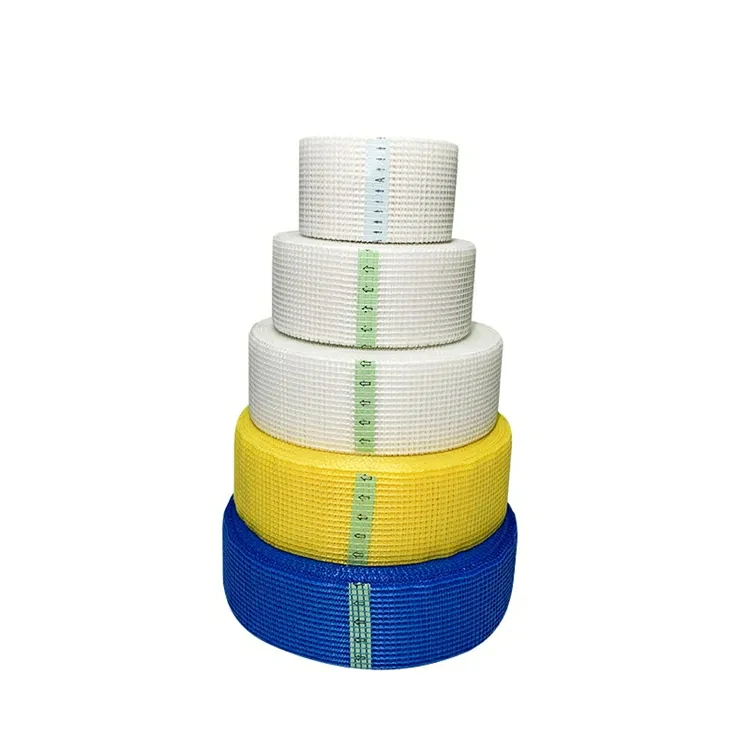Dec . 04, 2024 19:40 Back to list
fiberglass mesh for eifs product
Fiberglass Mesh for EIFS Enhancing Durability and Performance
Exterior Insulation and Finish Systems (EIFS) have gained immense popularity in the construction industry due to their excellent thermal performance and aesthetic appeal. One of the critical components that contribute to the efficacy of EIFS is fiberglass mesh. This article explores the role of fiberglass mesh in EIFS, its benefits, and its impact on the overall performance of the system.
What is EIFS?
EIFS is an exterior wall cladding system that insulates and finishes a building's exterior. It consists of several layers, including insulation boards, an adhesive, a base coat, fiberglass mesh, and a finish coat. This system is designed to provide energy efficiency, moisture control, and design flexibility, making it an ideal choice for residential and commercial buildings alike.
Role of Fiberglass Mesh in EIFS
Fiberglass mesh is a crucial element within the EIFS framework. It serves as a reinforcing layer embedded in the base coat, significantly enhancing the system's structural integrity. The mesh is made from woven glass fibers that provide strength and flexibility, allowing the EIFS to withstand various environmental stresses, including temperature fluctuations, wind loads, and moisture exposure.
Benefits of Fiberglass Mesh in EIFS
fiberglass mesh for eifs product

1. Strength and Durability One of the primary advantages of using fiberglass mesh is its ability to reinforce the EIFS. The mesh adds tensile strength to the system, which helps prevent cracking and delamination. This is particularly important in regions that experience frequent temperature changes or seismic activity, where expansion and contraction can lead to structural failure.
2. Flexibility The inherent flexibility of fiberglass mesh allows for better adaptation to movement within the wall system. This flexibility helps absorb and distribute stresses, making it less likely for cracks to appear. As a result, buildings clad with EIFS and fiberglass mesh maintain their aesthetic appearance over time, requiring less maintenance and repair.
3. Moisture Management Moisture can be a significant concern for any exterior wall system. Fiberglass mesh, when properly installed, aids in moisture management by providing a barrier that helps prevent water infiltration. This is crucial for preserving the insulation and preventing mold growth, thereby enhancing the longevity of the entire EIFS.
4. Lightweight Nature Compared to traditional materials such as concrete or metal, fiberglass mesh is lightweight, which reduces the overall weight of the EIFS. This can lead to lower construction costs and easier handling during installation. Additionally, the lightweight nature of EIFS coupled with fiberglass mesh can reduce the load on the building's structure, making it a preferred choice for many architects and builders.
5. Cost-Effectiveness While the initial investment in EIFS with fiberglass mesh may be higher than some traditional cladding systems, the long-term savings can be significant. The durability and low maintenance requirements of an EIFS system can lead to reduced repair costs over time, making it a cost-effective choice for property owners.
Conclusion
Fiberglass mesh plays a vital role in the performance and longevity of Exterior Insulation and Finish Systems. Its ability to enhance strength, flexibility, and moisture resistance makes it an indispensable component in modern construction. As the demand for efficient, aesthetically pleasing, and durable building materials continues to grow, the use of fiberglass mesh in EIFS will likely remain a preferred choice among builders and architects. By investing in high-quality fiberglass mesh and proper installation techniques, property owners can ensure their EIFS systems will provide lasting benefits for years to come.
-
The Ultimate Guide to Fiberglass mesh Tape for Drywall and Joint ApplicationsNewsJul.18,2025
-
The Ultimate Guide to Alkali Resistant Drywall Joint Tape: Types, Benefits, and ApplicationsNewsJul.18,2025
-
The Essential Guide to Fiberglass Mesh Tape: Uses, Benefits, and ApplicationsNewsJul.18,2025
-
The Complete Guide to PVC Corner Beads with fiberglass Mesh for Plastering and Drywall ProjectsNewsJul.18,2025
-
A Comprehensive Guide to fiber glass Yarns: Understanding Roving, C, and E Glass FibersNewsJul.18,2025
-
A Complete Guide to Fiberglass mesh Tape for Drywall, Cement Board, and Wall CracksNewsJul.18,2025


















